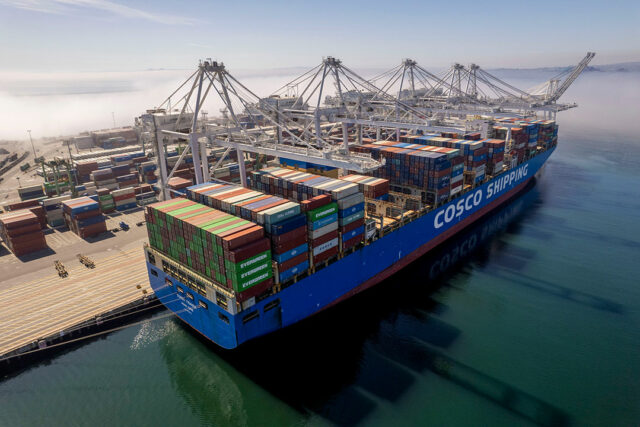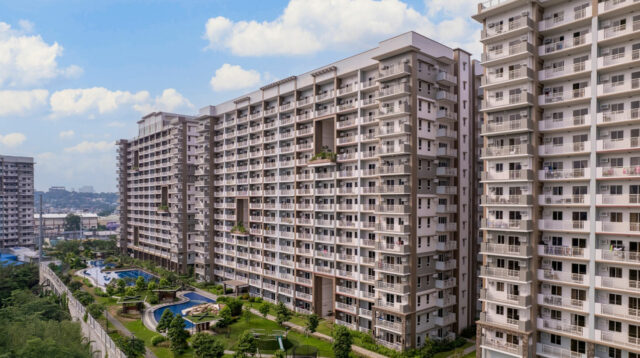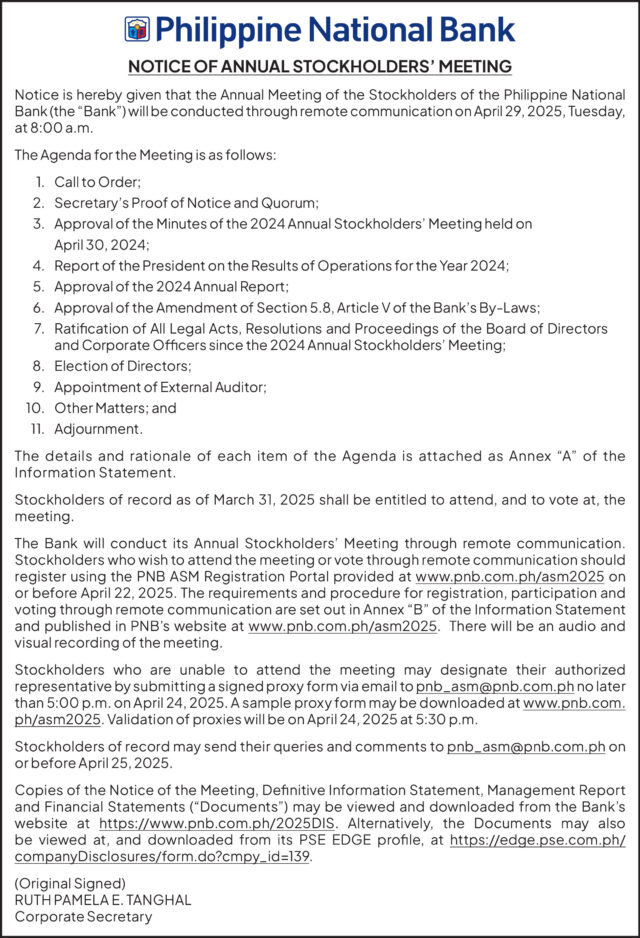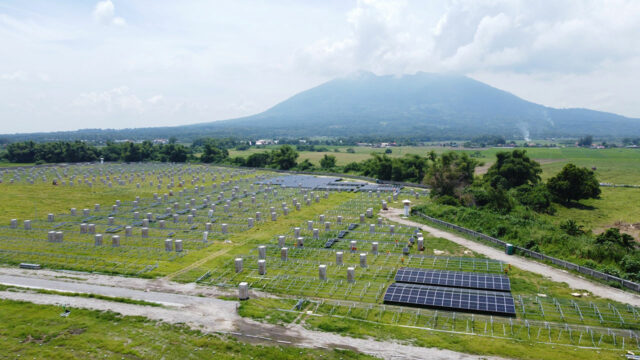Asia braces for Trump’s reciprocal tariffs to test export model

ASIAN LEADERS face tough decisions as President Donald J. Trump’s reciprocal tariffs pose a generational challenge to a region whose economies were built around exports to the US and a world of low trade barriers.
Mr. Trump and his officials have long targeted China and already slapped a 20% levy on imports from the world’s factory floor in a resumption of the trade war unleashed during his first presidency. This time around, he’s also named Vietnam, South Korea, Japan and India as charging onerous tariffs or maintaining outsize trade surpluses — or both.
Treasury Secretary Scott Bessent said in March that the reciprocal levies slated for April 2 will target the “dirty 15” that have substantial trade flows and barriers with the US.
While Mr. Bessent didn’t specify nations, there are exactly that many countries that make up more than three-quarters of the US trade deficit and nine are in Asia, according to a report from Bloomberg Economics. So, it seems reciprocal levies — though cast globally — will hit the region’s $41-trillion economy particularly hard.
Along with Mexico, Canada and the European Union, Asia has been squarely in the sights of Mr. Trump’s protectionist push since his Jan. 20 return to the White House. His 25% tariff on steel imports will hurt Asian producers, which make up six of the 10 biggest shippers of the alloy to the US, and last week’s imposition of 25% tariff on auto imports will dent profits for carmakers including South Korea’s Hyundai Motor Co. and Japan’s Toyota Motor Corp.
The lack of exemptions for US allies, along with tough talk from Mr. Trump and his officials that signals a willingness to accept some near-term economic pain, has rattled markets across the globe. “I couldn’t care less” if foreign carmakers raise prices in response to last week’s tariffs, Mr. Trump said in an interview with NBC News on Saturday.
Now, the addition of reciprocal levies poses a serious threat to Asia’s postwar growth model of export-oriented development, according to Roland Rajah, lead economist at the Lowy Institute think tank.
“This time will be very different” from the Asian crisis in 1998 or the global financial crisis a decade later, Mr. Rajah said from Sydney. Those “were cyclical or financial shocks, but this time this is much more a structural shock,” he added.
GROWTH HIT
Reciprocal tariffs, in addition to those already announced this year, could shave as much as 1.3 percentage points off economic growth in countries across the region, according to economists at Goldman Sachs Group, Inc., largely due to their reliance on direct and indirect US purchases.
Given that dependence on trade with the US, policy makers across Asia are left with few good options. So far, they’ve largely aimed to placate Mr. Trump, shuttling to Washington and promising purchases of goods and lauding the benefits of free trade. Companies have announced new investments in the US, including Hyundai Motor’s $21-billion expansion plan.
“In every capital in Asia — around the world — they’re trying to game out what works with Trump. What works, what doesn’t and what can we offer,” said Wendy Cutler, vice-president at the Asia Society Policy Institute in Washington. “Asian countries are loathe to retaliate.”
Ms. Cutler, who previously spent three decades at the Office of the US Trade Representative, including as acting deputy US trade representative, said countries may also be put off from hitting back following Mr. Trump’s threats to escalate tariffs on Canada after the Northern neighbor threatened retaliation to US levies.
There are already some signs of a pullback. Manufacturing data show new export orders dropped in February in countries including Indonesia and Vietnam — both nations that benefited from the US trade war with China in 2018-2019. Meanwhile, equity and debt flows to emerging market countries recorded the weakest start to the year since 2016, according to Bank of America.
Asia’s leaders are also taking steps to reduce reliance on the US and bolster their domestic economies.
“If we play our cards right in a very deft and agile way, we can navigate this,” said Marty Natalegawa, Indonesia’s former minister of foreign affairs. “It’s not in our interest to put all eggs in one basket — we must diversify.”
In China, there’s a renewed emphasis on spurring consumption and President Xi Jinping has pledged to open his economy to global companies and resist protectionism. Beijing’s recent pro-business pivot and optimism over advances in artificial intelligence have spurred a rally in Chinese stocks even as Mr. Trump’s trade threats have magnified.
“We should jointly safeguard the free trade system, uphold open regionalism, and firmly oppose trade and investment protectionism,” Ding Xuexiang, the ruling Communist Party’s sixth-ranking official, said during his keynote speech at the annual Boao Forum last week.
Preferential trade agreements in Asia already make up nearly half of those globally, and include the Regional Comprehensive Economic Partnership, the world’s largest free-trade agreement.
‘SQUEEZE, NOT CHOKE’
There are tentative signs that Mr. Trump’s pressure may spur a deepening of commercial links within Asia. Japan and China held their first economic dialog in six years in Tokyo on March 22, though prospects for a coordinated response to Mr. Trump’s tariffs remains a long way off.
That increased focus on domestic demand and intra-Asian trade may help the region avoid the worst impacts of Mr. Trump’s new levies, according to Louis Kuijs, chief Asia-Pacific economist at S&P Global Ratings. In his second-quarter outlook report, Kuijs said tariffs will “squeeze, not choke” growth across the region.
However, even if China can spur its economy, it cannot replace the US as a source of final demand. The value of Chinese imports from Asia fell 1% in the first two months of this year, after rising 3.7% last year.
Inu Manak, fellow for trade policy at the Council on Foreign Relations in Washington, said the most lasting impact of the tariffs might actually be felt in the US.
“What I worry about most is US pressure to decouple trade and investment links with China, which forces countries to choose” between the two, with China likely to come out on top, he said. — Bloomberg












